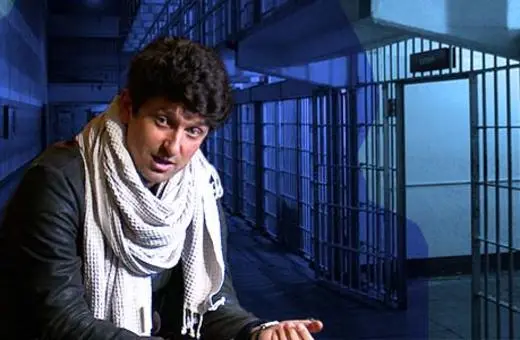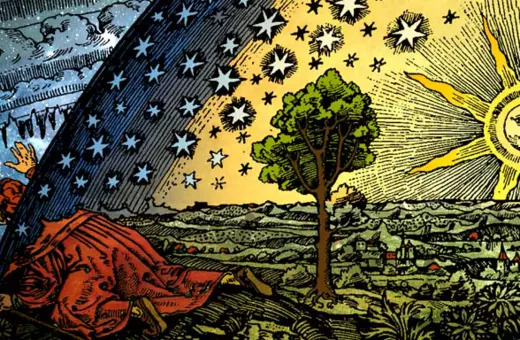In the work of Samuel Coleridge we find a fascination with the unconscious mind. Like the German idealists, the much celebrated poet sought to explore the twilight between acts of agency and the creativity that appears to spring from an imagination beyond our control.
No one knows when Samuel Taylor Coleridge wrote his mysterious, insistently memorable poem ‘Kubla Khan’, but most scholars think it was the autumn of 1797. Coleridge, who would have been twenty-five if that’s right, had produced a masterpiece but it seems as though he did not know quite what to do with it. In succeeding years he recited it from memory at dinner parties as a turn, and to judge by the reports to remarkable effect, but he clearly did not think to publish the poem, as though not quite sure what he had produced: it only appeared, almost twenty years after its composition, because Byron, who had heard it recited, was so taken with it. Even then, in the preface he added to the poem Coleridge felt the need to explain that he was printing the work ‘as a psychological curiosity’ and not on ‘the ground of any supposed poetic merits’. Few great poems can have made a more hesitant appearance in the world.
In its own way, though, the preface was a remarkable and highly successful piece of advertising because in it Coleridge span a story (how much of it true who can say?) about the circumstances of the poem which quickly became a modern legend.
In the summer of the year 1797, the Author, then in ill health, had retired to a lonely farm-house between Porlock and Linton, on the Exmoor confines of Somerset and Devonshire. In consequence of a slight indisposition, an anodyne had been prescribed, from the effects of which he fell asleep in his chair at the moment he was reading the following sentence, or words of the same substance, in ‘Purchas’s Pilgrimage’: ‘Here the Khan Kubla commanded a palace to be built, and a stately garden thereunto. And thus ten miles of fertile ground were inclosed with a wall.’ The Author continued for about three hours in a profound sleep, at least of the external senses, during which time he has the most vivid confidence, that he could not have composed less than from two to three hundred lines; if that indeed can be called composition in which all the images rose up before him as things, with a parallel production of the correspondent expressions, without any sensation of consciousness of effort. On awaking he appeared to himself to have a distinct recollection of the whole, and taking his pen, ink, and paper, instantly and eagerly wrote down the lines that are here preserved. At this moment he was unfortunately called out by a person on business from Porlock, and detained by him above an hour, and on his return to his room, found, to his no small surprise and mortification, that though he still retained some vague and dim recollection of the general purport of the vision, yet, with the exception of some eight or ten scattered lines and images, all the rest had passed away like the images on the surface of a stream into which a stone has been cast, but, alas! without the after restoration of the latter!



















Join the conversation